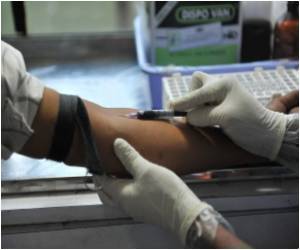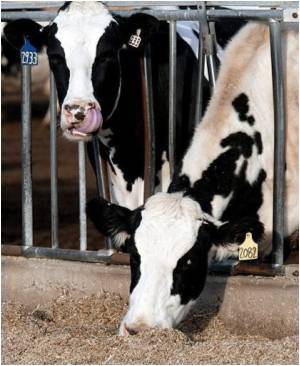
Variant Creutzfeldt-Jakob Disease is the human equivalent of Bovine Spongiform Encephalopathy (BSE), which affects cattle. Identified in the 1990s, the illness was traced to the consumption of beef products containing contaminated meat.
VCJD progressively causes the brain to become riddled with holes, leading to mental problems, loss of body function, and eventual death. There is no cure.
The Department of Health's working estimate is that 1 in 4,000 people - or about 15,000 individuals - are infected.
Figures from the Health Protection Agency show there have been 176 cases of vCJD from since it was first detected in humans in 1995.
Experts said the new test represented a "significant step forward" in the fight against the disease as it will enable doctors to find out how many people are infected with vCJD.
Advertisement
Until now the only way of confirming the diagnosis has been through tonsil biopsies or after the patient has died when brain samples can be taken.
Advertisement
"In principle, it may allow us to find how many people in the population are infected so we can target risk management strategies and ensure the safety of our blood supply," the Telegraph quoted him as saying.
"It could also enable us to make an earlier diagnosis and as treatments become available it is going to be desperately important to get to patients early before there is extensive damage to the brain," he stated.
Further testing will now occur to ascertain its reliability, which will involve examination of 5,000 anonymous samples supplied by the American Red Cross.
Source-ANI










